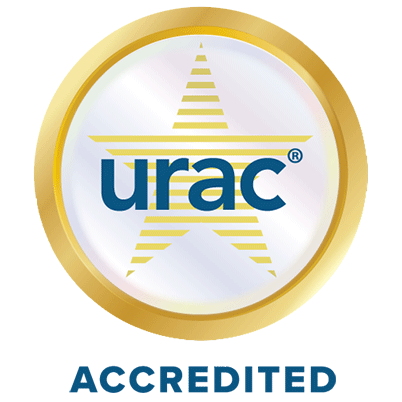News and Updates
Category: drug testing
Let’s Be Blunt: What Ohio’s Issue 2 and Other Changes Could Mean for Businesses
Ohioans will soon have the opportunity to vote on whether or not the Buckeye state will join 23 other states in legalizing recreational marijuana. Seven other states will have similar measures on their November ballot this year. If all of them pass, nearly 2/3 of U.S. states will have some form of legal, recreational marijuana. Ohio’s proposal was born from the Coalition to Regulate Marijuana Like Alcohol, and would create a new government program and infrastructure for adults (21+) to buy, sell, grow and use cannabis. The ballot measure wouldn’t be a constitutional amendment, meaning the legislature could make changes to the proposed rule if it passes. This measure was initially set to appear on the Ohio’s 2022 ballot, but cannabis industry leaders were entangled in a dispute with government officials on the interpretation of the initiated statue process. The proponents of the bill argue that Ohio is missing the boat on tax revenue that would come from the sale of non-medical use marijuana for adults. Patients of Ohio’s medical marijuana program currently only pay the standard 5.75% sales tax. The proposition would be to collect an additional 10% sales tax that would be used for things like social equity and job programs, state efforts to address substance abuse, and supporting municipalities that are home to dispensaries. States like Colorado have collected over $2 billion in taxes since 2014 from both sales and excise taxes. Th
What Does DOT's Ruling on Oral Fluid Drug Testing Mean for Your Business?
In May, the U.S. Department of Transportation (DOT) issued a final rule allowing oral fluid testing for employers and employees under their purview. This applies to any commercial vehicle operator, including many passenger vehicles, hazardous material transport, and vehicles with a gross weight over 10,001 pounds. DOT’s rules have long been viewed as the gold standard for the employment-related drug testing industry as a whole. Historically, DOT’s testing standard has been a 5-panel screening based on a split urine sample and laboratory analysis performed in a lab certified by the Substance Abuse and Mental Health Services Administration (SAMHSA). Oral fluid (saliva) testing could ease some of the burden and complications of drug testing for employers. Saliva screens are known to be more convenient and accessible, more cost-effective, have fewer issues with tampering, and provide faster results. Although the new rule went into effect on June 1, 2023, several things need to be in place before this becomes a reality. The Department of Health and Human Services (HHS) must certify at least two laboratories to perform this type of testing, and that may not happen until later this year, or even early 2024. It’s also important to note that DOT-regulated employers are not required to switch to oral fluid testing, but they will have the option to do so. While saliva-based drug screens have plenty of advantages, they do have a different detection window than urine d


